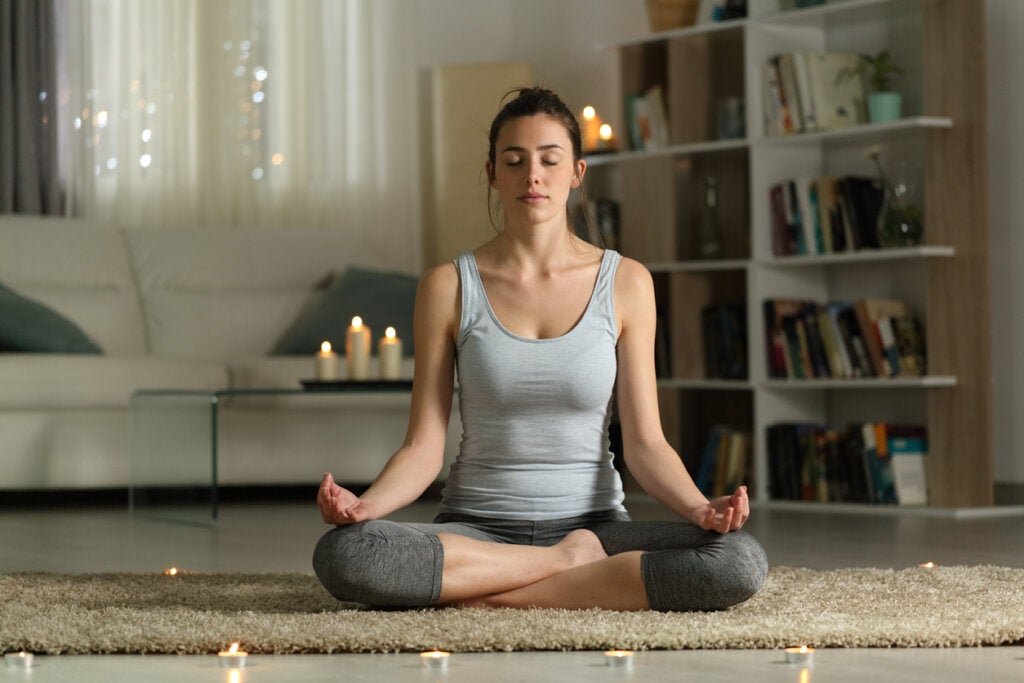5 Relaxation Techniques to Reduce Stress
If stress had a physical form, it would probably be that co-worker who talks too loudly on the phone, rush-hour traffic, or the credit card bill after a “small online shopping spree.” It shows up uninvited and insists on staying. But don’t worry—take a deep breath (literally, because that’s one of the relaxation techniques), because today you’ll discover 5 relaxation techniques to reduce stress and reclaim your inner peace—or at least a few minutes of sanity.
Grab your tea, get comfortable, and let’s relax with a dose of humor.
Why does stress insist on living with us?
Stress is a natural body reaction, like a built-in alert button. The problem is that instead of only showing up in dangerous situations (like running away from a lion in caveman times), it decided to crash modern scenarios like work deadlines, bills, or even the Wi-Fi dropping right in the middle of your favorite show.
Symptoms vary from person to person but can include:
- Muscle tension
- Headaches
- Anxiety and irritability
- Insomnia
- That sudden urge to send everyone to the Moon
The good news? There are simple and effective relaxation techniques to keep this villain in check.
Technique 1: Deep Breathing (the art of inhaling and not freaking out)
It may sound too simple, but deep breathing is like hitting the “restart” button on your brain.
How to do it:
- Sit or lie down comfortably.
- Inhale through your nose while counting to 4.
- Hold your breath for 2 seconds.
- Exhale slowly through your mouth while counting to 6.
- Repeat 5 to 10 times.
This technique improves oxygen flow, lowers your heart rate, and tells your body: “Relax, now is not the time to lose it over a sink full of dishes.”
Technique 2: Meditation (no, you don’t need to become a monk)
Meditation is one of the most famous ways to reduce stress and calm the mind. And no, you don’t need to live on a mountain dressed in orange robes to practice it.
How to start:
- Pick a quiet spot (yes, even the bathroom works if it’s the only peaceful place in the house).
- Close your eyes and focus on your breathing.
- When thoughts pop up (because they will), just observe them and return to your breath.
Even five minutes can make a difference. Who knows, maybe one day you’ll feel like meditating for 10, 20… until you almost forget stress exists.
Technique 3: Physical Exercise (yes, getting off the couch counts)
Don’t run away yet—no one’s saying you need to run a marathon. Physical activity can be a light walk, dancing in your living room, stretching, or even cleaning the house with music blasting (hey, whatever works).
Exercise releases endorphins, also known as happiness hormones, which reduce stress and improve mood. In other words, not only do you relax, but you also get more energy to face the day—and maybe even lose a couple of extra pounds along the way.
Technique 4: Progressive Muscle Relaxation (goodbye, shoulder tension)
You know when you’re so tense it feels like you’re carrying two watermelons on your shoulders? That’s exactly what progressive muscle relaxation is for.
How it works:
- Lie down comfortably.
- Start by tensing the muscles in your feet for 5 seconds.
- Release and notice the relief.
- Move up through your legs, abdomen, arms, and face.
- Keep relaxing each body part until you feel like a human jelly.
This technique is perfect if you get stiff from anxiety or spend long hours glued to a computer.
Technique 5: Laughter (the cheapest therapy in the world)
It sounds like a joke (and it kind of is), but laughing reduces stress in a powerful way. Laughter releases endorphins, eases muscle tension, and even improves circulation.
How to practice:
- Watch a silly comedy.
- Look up funny memes (without falling into the endless scrolling trap).
- Tell bad jokes—the kind that are so terrible, they make everyone laugh anyway.
👉 Example of a joke:
— What’s the ultimate level of stress?
— Trying to relax and getting stressed because you can’t relax! 😂
Laughter is contagious and a fun way to lift the weight of everyday life.
Extra tips to reduce stress daily
In addition to the 5 main techniques, a few lifestyle changes can help:
- Balanced diet: less caffeine and sugar, more fruits and veggies.
- Quality sleep: better than any supplement.
- Organization: to-do lists and planners reduce chaos.
- Nature time: even a small potted plant can bring peace.
When stress becomes a bigger villain
If even after applying these techniques, stress is still interfering heavily with your life—persistent insomnia, strong anxiety episodes, extreme irritability—it may be time to seek professional help. Psychologists and doctors can recommend more specific treatments.
Conclusion: Relaxing is a skill
Reducing stress isn’t magic—it’s practice. Adding relaxation techniques into your daily routine can transform your quality of life. And the best part: it doesn’t have to cost a thing, nor does it require a complete lifestyle overhaul.
So, the next time stress knocks on your door, offer it a cup of tea, sit down, take a deep breath, and say: “Not today, buddy!”
